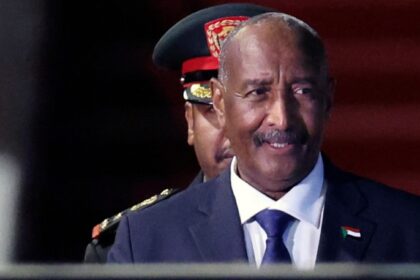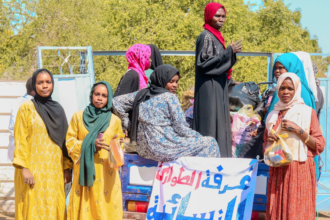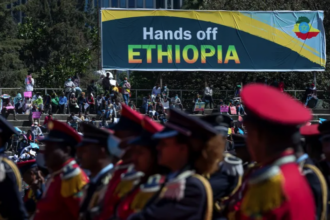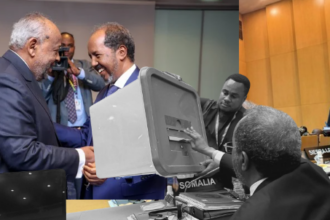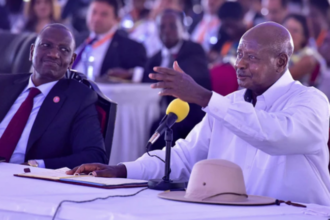Sudan is witnessing a deepening political rift as competing factions race to establish civilian governments amid the ongoing conflict between the Sudanese Armed Forces (SAF) and the paramilitary Rapid Support Forces (RSF). The recent split within Taqaddum, the primary civilian coalition, has further complicated efforts to unify the pro-democracy movement, raising concerns about the country’s political future.
Parallel Efforts to Establish Civilian Authority
Supporters of forming a civilian government in areas under RSF control have convened in Nairobi, Kenya, aiming to advance discussions on governance in territories dominated by the paramilitary group. The move underscores the growing divide within the opposition, with various factions vying to fill the political vacuum left by the prolonged war.
Meanwhile, General Abdel Fattah al-Burhan, the leader of the SAF and Sudan’s de facto head of state, is reportedly preparing to announce a government based in areas controlled by the army. This development is expected to escalate tensions further, as it risks entrenching the division between rival forces and their respective civilian allies.
The Split in Taqaddum
Taqaddum, originally formed to unify civilian actors in the pursuit of democratic governance, has fractured under the weight of conflicting strategies and allegiances. Some members advocate for negotiations with the RSF and the establishment of a government in RSF-controlled regions, while others remain aligned with the SAF, rejecting any engagement with the paramilitary group.
This fragmentation has left Sudan’s pro-democracy movement in disarray, raising fears that parallel governments could solidify the country’s division rather than pave the way for national reconciliation. The lack of a unified civilian front has also weakened efforts to mediate between the warring factions and negotiate a comprehensive political settlement.
Challenges and Future Prospects
The competing efforts to form governments underscore the deep polarization within Sudan. Analysts warn that the establishment of rival civilian authorities could complicate future peace negotiations, further erode state institutions, and prolong the suffering of civilians caught in the crossfire.
With no clear path to a ceasefire, Sudan’s warring factions continue to maneuver for political and military dominance. The international community faces increasing pressure to mediate and prevent the country from descending into further chaos. However, without a unified civilian bloc to push for a common political vision, Sudan’s transition to democracy remains uncertain.



